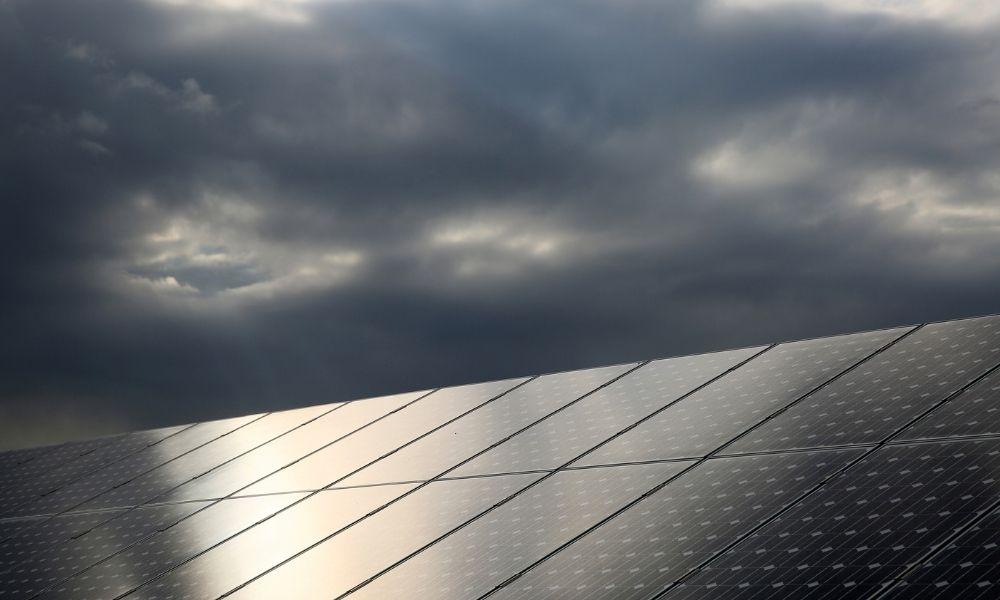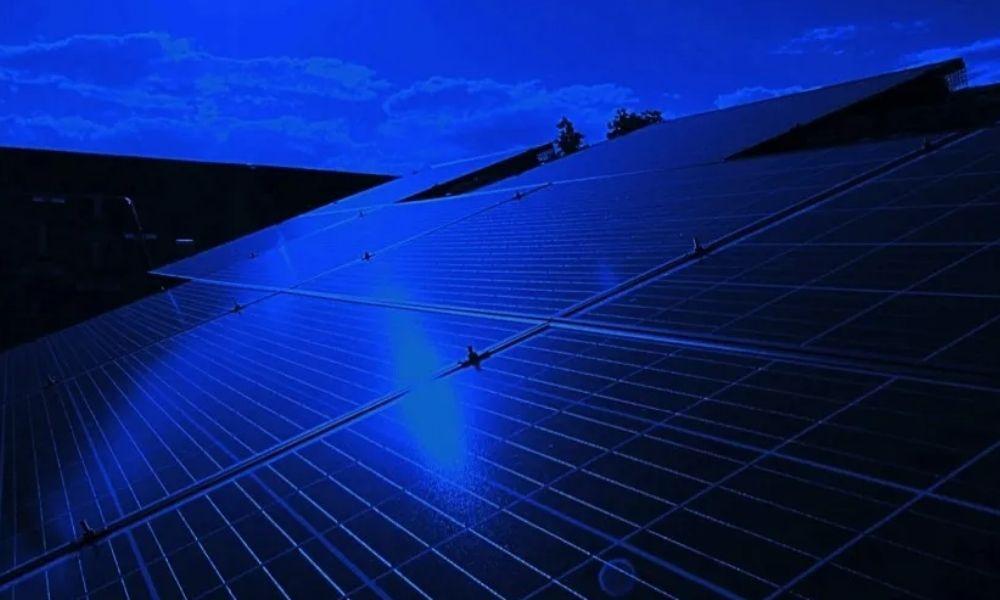Do Solar Farms Work At Night and on Cloudy Days?
Solar farms are somewhat limited in their ability to generate electricity on cloudy days or at night, but not completely unable to do so.
Cloudy Conditions
Under cloudy conditions, the ability of the solar farm to generate electricity will be reduced because clouds will block the sun's rays, resulting in less energy being absorbed by the solar panels. Although the amount of electricity generated may be reduced, it does not stop generating electricity.
Modern solar panels usually have some ability to work in diffuse and low-light conditions, so they can still generate some electricity. However, the amount of electricity generated will usually be a fraction of the capacity on a sunny day.

Nighttime Conditions
At night, solar panels are unable to generate electricity due to the absence of sunlight. In order to provide a continuous supply of electricity on cloudy days or at night, solar farms usually need to be equipped with an energy storage system.
The energy storage system stores excess power during the day and releases the stored power when it is needed on cloudy days or at night. This allows solar farms to achieve a 24-hour power supply even when they are no longer affected by sunlight. In addition, many solar farms use other supplemental power generation technologies, such as wind power or hydroelectric generators, to cope with weather changes and nighttime power needs.

Solutions
Solar farms are often used in conjunction with other power sources to make up for power shortages at night or on cloudy days to ensure continuity of power supply.
Energy Storage Systems: By installing an energy storage system, excess electricity generated during the day is stored and then used at night or on cloudy days. A continuous supply of electricity can be ensured.
Diesel Generators: An oil-fired generator set can be used to provide electricity when needed. This type of standby generator is usually powered by fuel oil or other fuels and can be used to provide electricity in the event of an emergency shortage, which is usually more expensive and polluting to the environment.
Grid Connection: Solar farms are often connected to the grid, allowing them to sell excess electricity back to the grid and draw power from it to make up for any energy shortfalls.
Conclusion
Solar farms are still able to continue generating electricity on cloudy days, just at a lower efficiency. At night, however, the solar panels are unable to output power due to the lack of direct sunlight. An effective solution can be to store excess power during the day by equipping it with an energy storage system to meet the demand for electricity on cloudy days or at night. As a result, the application of solar energy is no longer limited by various climatic conditions, providing more possibilities for the use of renewable energy.